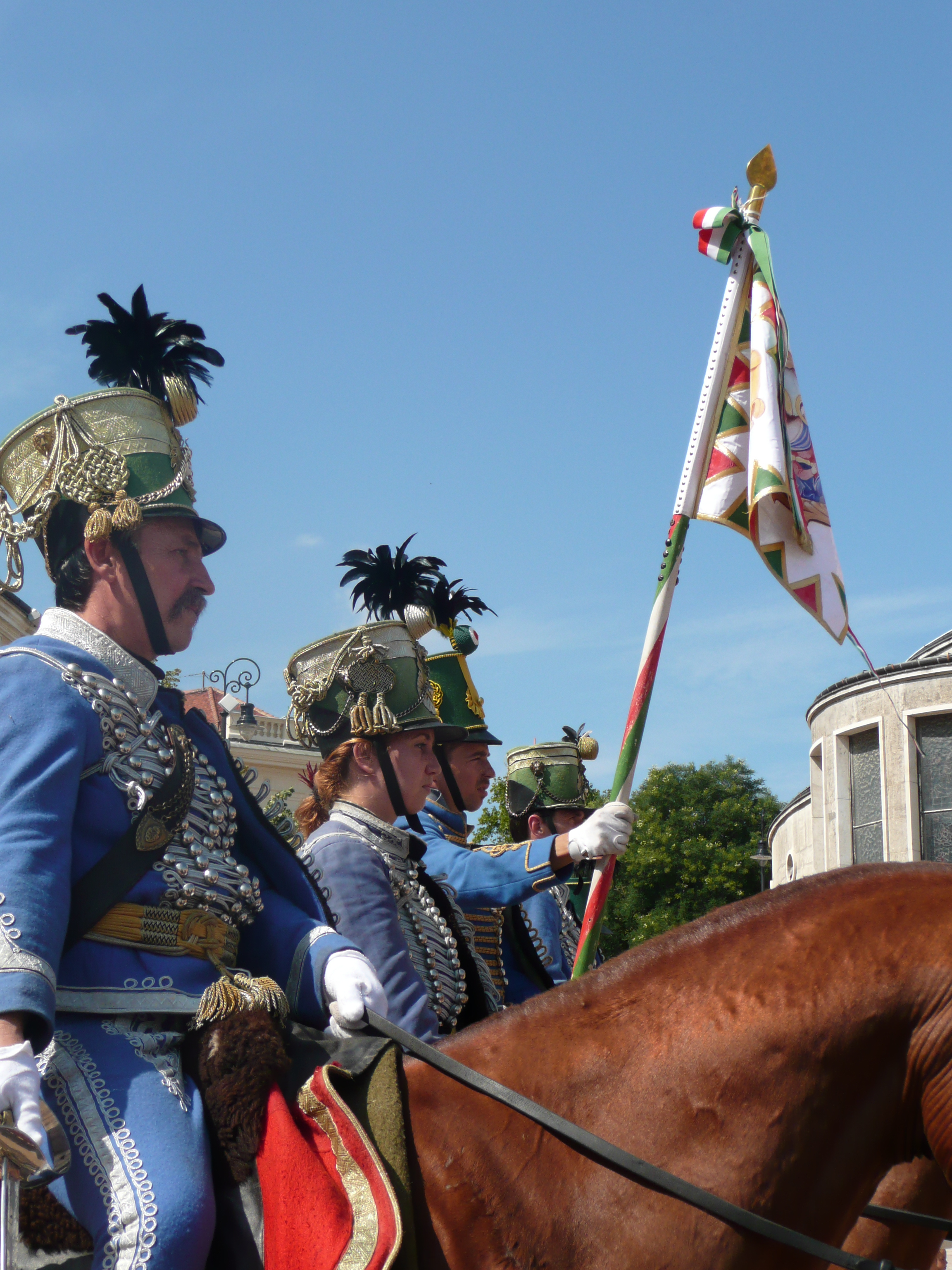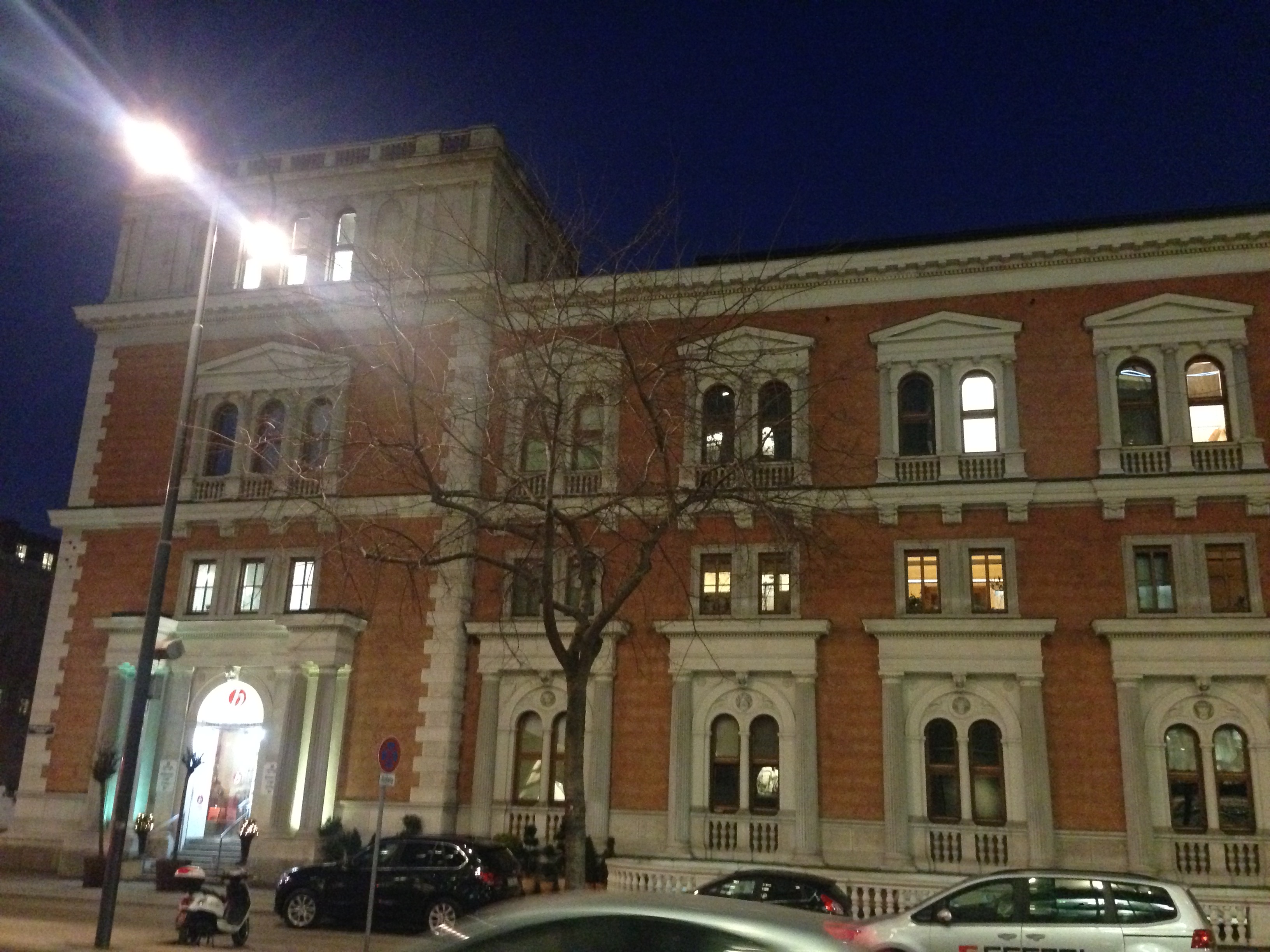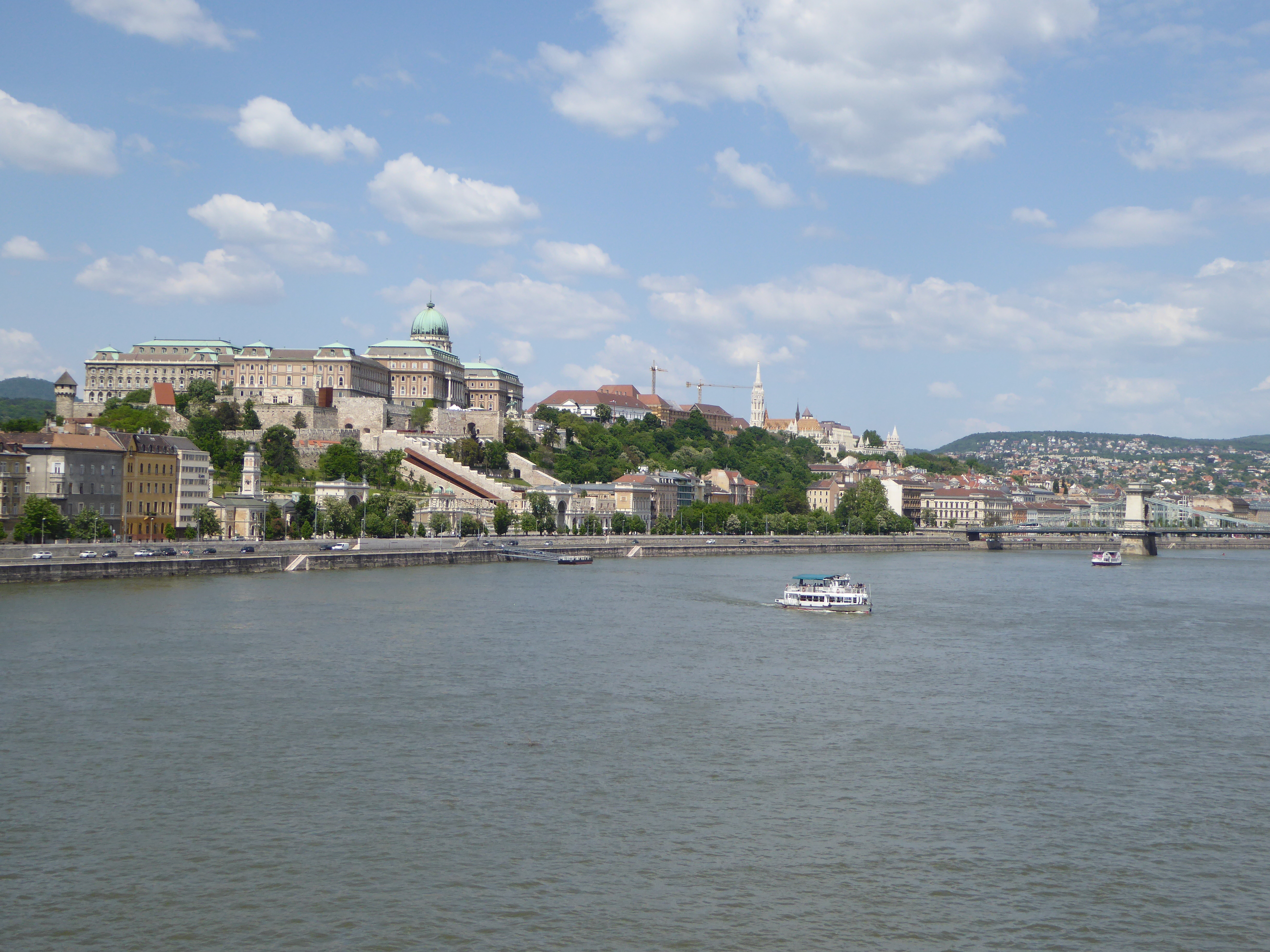MINORITIES IN THE AUSTRO-HUNGARIAN EMPIRE

Not only the Jewish population but all national minorities had to cope with the pressure from the majority population, mostly the German- or Hungarian-speaking majority. Since the 1880s politics and everyday life were dominated by nationalism and nationalistic conflicts in Central Europe. Yet the multinational dynastic Habsburg Empire continued to exist and to make administrative efforts to protect all peoples and religions. All the bigger minority groups in the cities had developed an infra-structural network. In Vienna there were dozens of Jewish and Czech associations, Jewish newspapers, a Hungarian and a Croatian newspaper and several Czech newspapers. Furthermore there were several national mutual loan societies (Kreditgenossenschaften), a Czech private school system, a Polish school, Jewish Thora schools, many charities to support even small communities of emigrants from small rural regions and villages. These societies, associations, clubs and charities compensated for the dispersed living conditions as the minorities in the crammed 2-million capital could not crowd together in special areas. …




